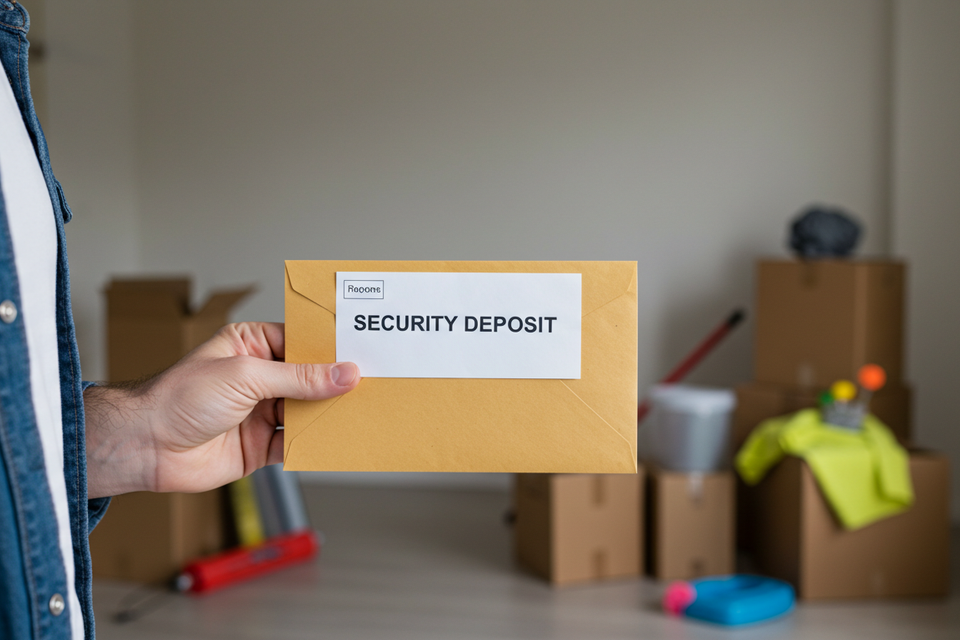
How Security Deposit Laws Work and How To Get Yours Back?
Security deposits are one of the most common points of conflict between landlords and tenants. Many renters ask, “Why did my landlord keep my deposit?” Others share experiences through land lord review sites or post a rate my land lord comment to warn others. Understanding deposit laws can help you avoid losing money unfairly.
What is a Security Deposit
Common Legal Limits
When Can a Landlord Keep the Deposit
They cannot keep it just because they want to.
How to Protect Your Deposit
Adding this documentation to a land lord review can also help future tenants know what to expect.
Many renters also choose to rate my land lord to warn others about landlords who keep deposits without reason.
Conclusion
What is a Security Deposit
A security deposit is money paid at the start of a rental to cover potential damage, unpaid rent, or cleaning costs. While standard, each state sets its own rules on how much can be charged and how it must be returned.
Common Legal Limits
Most states cap deposits at one or two months’ rent. They also require landlords to return deposits within a certain timeframe, often 15 to 45 days after move out.
When Can a Landlord Keep the Deposit
Landlords can keep all or part of the deposit for:
Damage beyond normal wear and tear
Unpaid rent or fees
Excessive cleaning costs
They cannot keep it just because they want to.
How to Protect Your Deposit
Tenants can take steps to ensure they get their money back:
Take move in and move out photos
Clean thoroughly before leaving
Request a walk through inspection
Provide your forwarding address in writing
Adding this documentation to a land lord review can also help future tenants know what to expect.
What To Do If Deposit is Withheld Unfairly
If you believe your landlord kept your deposit unfairly:
Request an itemized list of deductions
Send a written demand letter
File a claim in small claims court if needed
